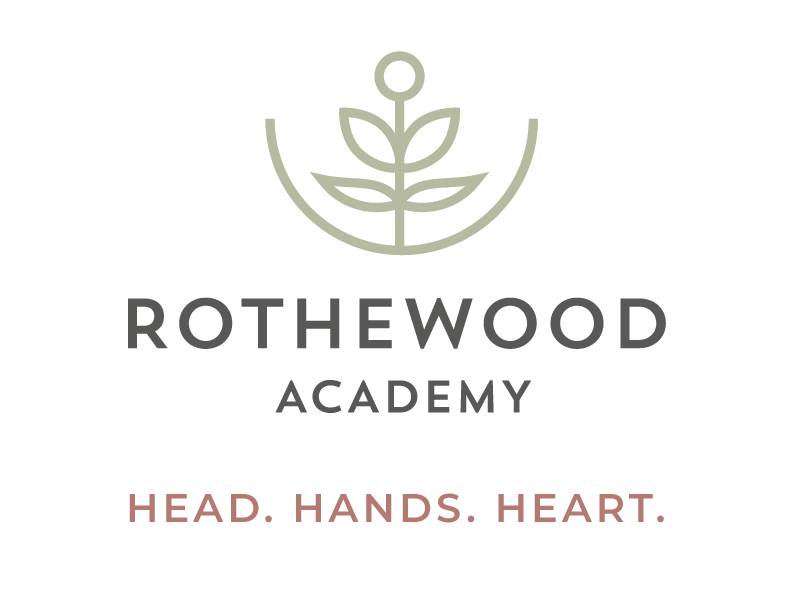 Before a child’s fifth birthday, the brain has completed approximately 90% of its growth. Early childhood education during this time provides essential foundations for children before they begin the rest of their school life. Pre-kindergarten learning programs allow children to navigate interactions with peers, learn basic math and vocabulary, and establish a strong base for social development and learning capabilities.
Before a child’s fifth birthday, the brain has completed approximately 90% of its growth. Early childhood education during this time provides essential foundations for children before they begin the rest of their school life. Pre-kindergarten learning programs allow children to navigate interactions with peers, learn basic math and vocabulary, and establish a strong base for social development and learning capabilities.
Ultimately, early childhood education does not only influence a child’s immediate school experience but also sets them up for a fulfilling future as an adult.
What is early childhood education?
Early childhood education takes place before children enter a formal kindergarten program. These programs use innovative learning approaches like structured play, outdoor exploration and an introduction to core subjects to provide children with the best opportunity for fulfilling school life.
Research shows that children who participate in early learning programs have several advantages in the rest of their academic journey and continuing into adulthood.
Here are some of the benefits of enrolling a child in a pre-kindergarten program:
Enhanced social skills
Children who partake in early learning regularly interact with people outside of their family, like peers and teachers. These interactions expose children to unfamiliar social situations and allow professional adults to model skills like cooperation, sharing and problem-solving. By socializing with peers and adults at an early age, children will have an easier time interacting with each other, their teachers and their family as they grow and experience more complex or emotional social situations.
Interest in lifelong learning
Early childhood education incorporates fun and innovative learning for children that can transform their view of education and school. If a child’s introduction to formal education is exciting, their enthusiasm for learning will continue beyond pre-kindergarten. By encouraging a child’s natural interest in discovering at a young age, they will develop a deeper passion for learning. The experiences may lead a child to post-secondary education or other academic ventures.
Early learning also allows children to experience the rewarding feeling of overcoming a challenge. This feeling of satisfaction gives children the self-confidence to grow and try new experiences in the future.
Improved learning capabilities
Children enrolled in early education programs have more experience learning and interacting within an educational setting. Research has shown that these children subsequently enter kindergarten with a strong understanding of curriculum foundations, the ability to concentrate on tasks and basic knowledge of appropriate school behaviour. The skills gained through early learning set children up for a successful academic life.
Successful future
Not only does early childhood education benefits children in their development years and school life, but it also supports their growth into healthy and successful adults. Studies show that adults who participated in early learning programs as children—compared to those who did not—were:
- More likely to attend university or college
- More likely to hold a steady job
- Paid higher wages
- Less likely to become teen parents
- Less likely to become involved with crime or substance use
Early learning opportunities benefit children in many ways throughout their lives. Our goal at Rothewood Academy is to use innovative learning methods to empower children to change the world.
If you have any questions about early childhood education, our schools, or how to enroll your child in one of our programs, please send us a message via our contact form or schedule a tour today.

Leave a Reply